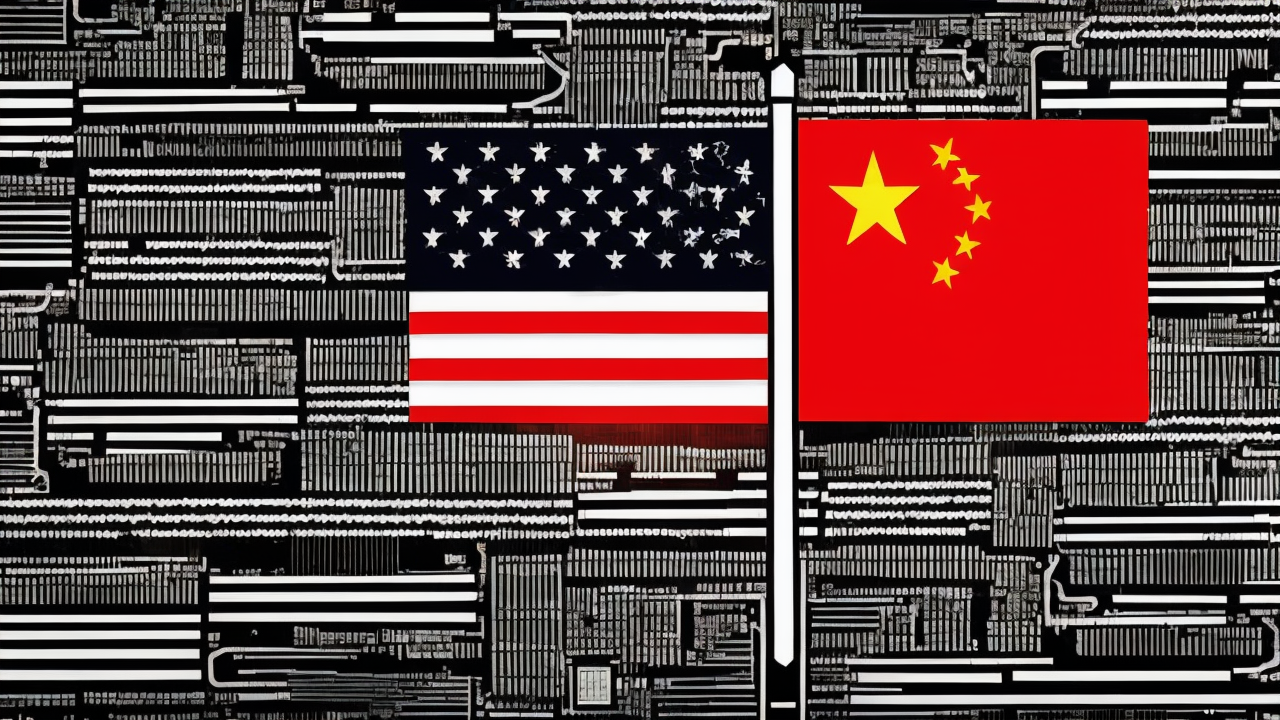US-China AI Race Shapes Global Future

The United States and China are in a high-stakes competition for artificial intelligence (AI) supremacy, with profound implications for global governance, security, and civil liberties. Experts warn this race could determine whether the world tilts toward democracy or authoritarianism.
China’s recent AI breakthroughs, such as DeepSeek’s R1 model, have raised concerns about its rapid progress, even using slower chips to match U.S. capabilities. Meanwhile, the U.S. is investing heavily in AI infrastructure, including data centers and advanced chips, through deals with Gulf nations.
AI infrastructure, encompassing internet, satellites, and data centers, is critical to maintaining U.S. leadership. Experts emphasize the need for adaptive government policies to harness AI’s potential for economic and security advancements.
However, China’s AI infrastructure is increasingly positioned as a cost-effective option for developing nations, raising fears about global data control and censorship. Senator Pete Ricketts warned that Chinese dominance could normalize authoritarian practices worldwide.
While the U.S. leads in fundamental AI research and application, China excels in model performance and publication of AI research papers. The competition extends to espionage, with China targeting advanced chip-making equipment suppliers.
The global AI ecosystem is fracturing into two blocs: Western and Chinese. Trust in AI supply chains is paramount, as compromised components could undermine entire systems. The stakes are clear: the winner of the AI race will shape the future of technology, governance, and freedom.
Published: 6/18/2025
















